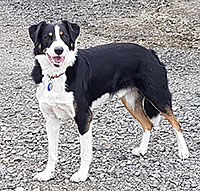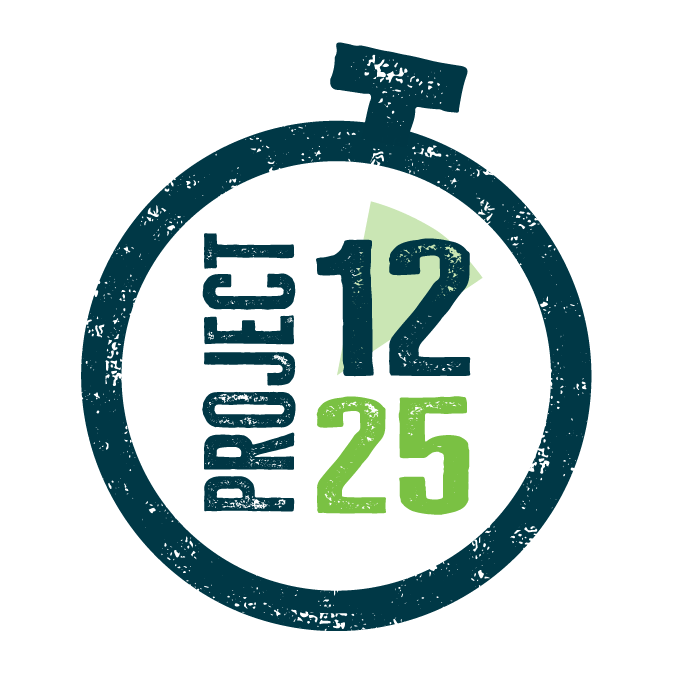Another tool in the fight against velvetleaf will be tested on some of Southland’s highest risk farms this week, when Rusty, the velvetleaf detector dog, takes to the paddocks.
Senior biosecurity officer Randall Milne said 55 Southland properties were found with velvetleaf during a search-and-destroy response last year and the aggressive cropping weed poses a major risk to the region if it becomes established.
 Velvetleaf was discovered in contaminated fodder beet seed and at least 400 properties in Southland are known to have planted the suspect seed lines. “This weed has the potential to devastate future crops by competing with them for nutrients and water,” Mr Milne said. “We haven’t found any plants this year, but that doesn’t mean we can be less vigilant.”
Velvetleaf was discovered in contaminated fodder beet seed and at least 400 properties in Southland are known to have planted the suspect seed lines. “This weed has the potential to devastate future crops by competing with them for nutrients and water,” Mr Milne said. “We haven’t found any plants this year, but that doesn’t mean we can be less vigilant.”
Last year Rusty (pictured) worked with the Ministry for Primary Industries to develop a proof of concept training protocol, which will assist already trained detector dogs to discover velvetleaf.
Rusty has recently shown proficiency in detecting velvetleaf in the Waikato and will be put to the test on several high-risk Southland properties where, last year, velvetleaf was found closest to seeding.
“We cannot actively search fodder beet paddocks again this year, so we are relying heavily on farmers to check their properties regularly and report any signs of the weed. Having Rusty go through some paddocks will however provide an extra safeguard in some of our high risk areas,” Mr Milne said.
All farmers who planted fodder beet should continue to check their paddocks, regardless of whether they planted one of the suspect seed lines.
Who to call
- Farmers who find suspected velvetleaf plants should phone MPI: 0800 80 99 66
- People with related questions can phone Environment Southland: 0800 76 88 45

